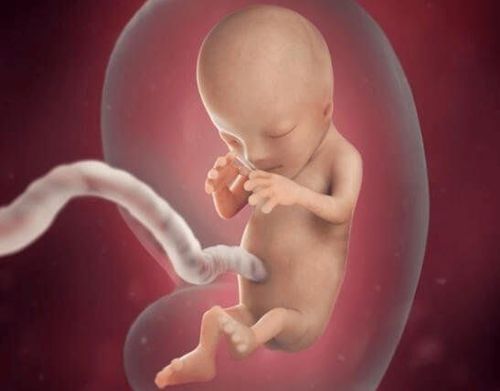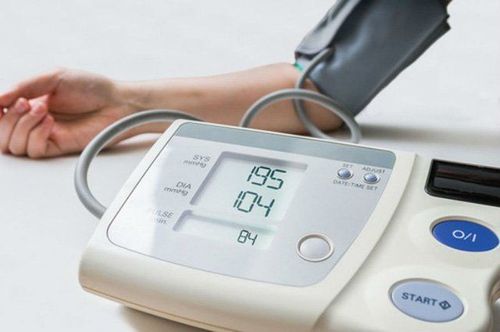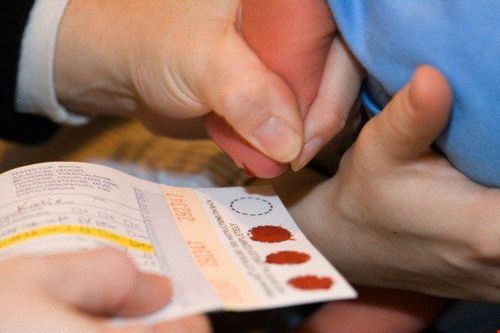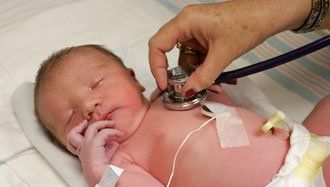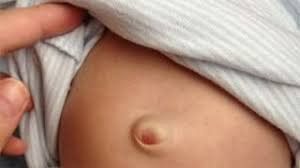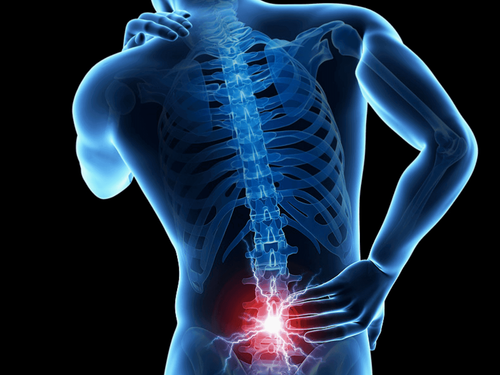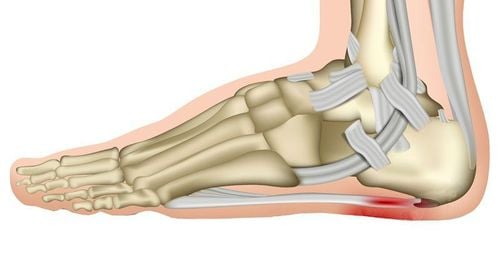Nội dung bạn đang tìm kiếm không có phiên bản tiếng Việt.
Vui lòng chọn tiếp tục để xem nội dung tiếng Anh hoặc đi đến trang chủ Tiếng Việt.
Rất xin lỗi về sự bất tiện này.

Home
Tag Colonectomy
Articles in Colonectomy

Laparoscopic colectomy: When to perform?
Right colectomy is the removal of the ascending colon and one third of the transverse colon to treat benign as well as malignant diseases of the colon. Compared with traditional open surgery, laparoscopic colectomy has many more outstanding advantages and is increasingly being applied in medicine.
Xem thêm
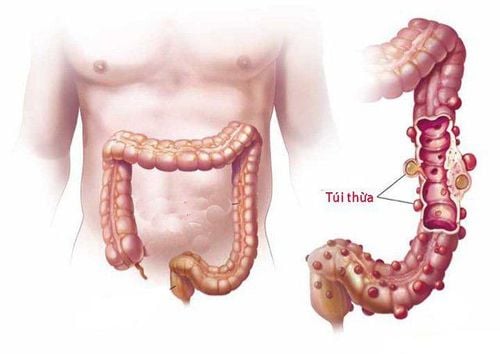
Warning signs of diverticulitis
A diverticulum is a bulge of a round mass in the colon. It occurs when the inner lining of the colon weakens and forms one or more pouches. When these pouches become inflamed or infected, it is called diverticulitis.
Xem thêm

How is ileocecal tuberculosis treated?
Tuberculosis is an infectious disease caused by the bacterium Mycobacterium tuberculosis. Tuberculosis of the ileum is a type of gastrointestinal tuberculosis, with symptoms that are easily confused with other diseases. Tuberculosis is common in people of working age, especially between the ages of 30 and 55. In addition, patients with intestinal tuberculosis often also have tuberculosis in other organs such as pulmonary tuberculosis, rarely urinary tract tuberculosis (most commonly renal tuberculosis).
Xem thêm
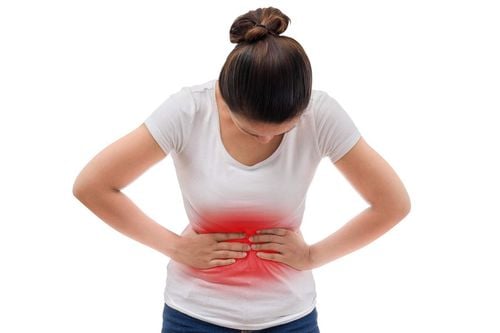
Complications of diverticulitis
In Tay Tay, half of people over 60% develop diverticulitis, but only 10%-25% of people continue to develop diverticulitis. Diverticulitis usually develops when the waste outlet in the sacs is blocked, the stagnation allows bacteria to accumulate and cause infection. Inflammation spreads to surrounding fatty tissue, sometimes perforation of the diverticulum leads to abscess formation or peritonitis. Rarely, a colonic fistula may form with the bladder, fallopian tubes, uterus, and vagina.
Xem thêm

Dysfunction after colectomy - rectum
For very low rectal tumors, where the sphincter cannot be preserved, surgical resection of the colon, rectum, and anus is required. Thus, after surgery, the patient will wear an artificial anus for life.
Xem thêm
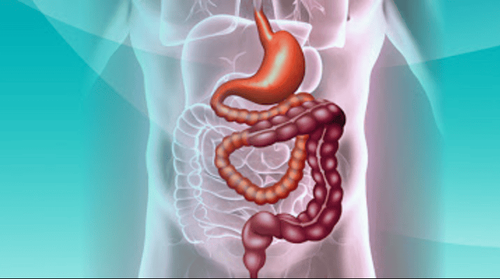
Pathogenesis of short bowel syndrome in adults
Short bowel syndrome (SBS) is a malabsorption condition. This syndrome is usually not clinically apparent if approximately three-quarters of the small bowel (SB) is not resected. Because of the broad short bowel length and the compensatory capacity for bowel resection, the definition of short bowel syndrome is not based on the length of the remaining bowel.
Xem thêm
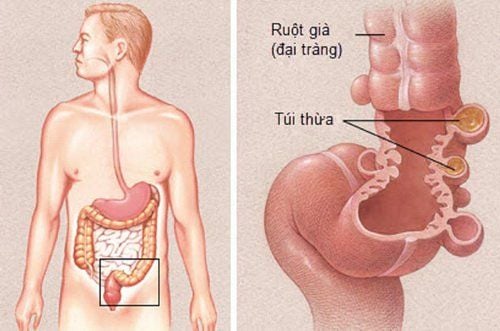
Treatment of complicated colonic diverticulum
Colonic diverticulitis if not diagnosed and treated early can leave many serious complications, in which diverticulitis is the most common complication. Treatment of a complicated colonic diverticulum may require a combination of medical therapy and surgical removal of the colonic diverticulum.
Xem thêm
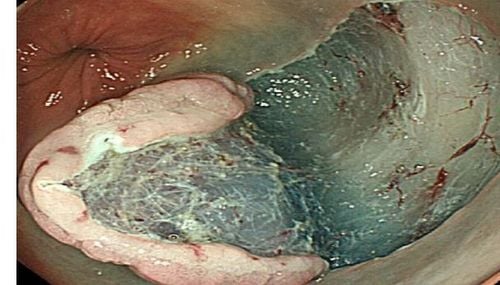
Non-polyposis colorectal neoplasms: Classification, treatment and follow-up
In recent years, non-polyposis colorectal tumors (sessile polyps) and especially lateral spread tumors (LSTs) are becoming a huge concern. These lesions have a higher frequency of high-grade dysplasia (HGD) and are more locally invasive than nodules of the same size.
Xem thêm
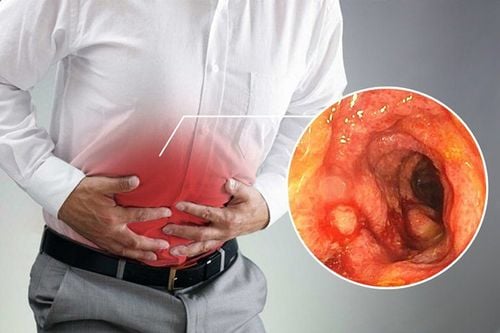
Can ulcerative colitis be cured?
Many patients often wonder "Can ulcerative colitis be cured". However, there is currently no definitive treatment for ulcerative colitis. Current medical treatments aim to increase the time between flare-ups and make symptoms less severe.
Xem thêm
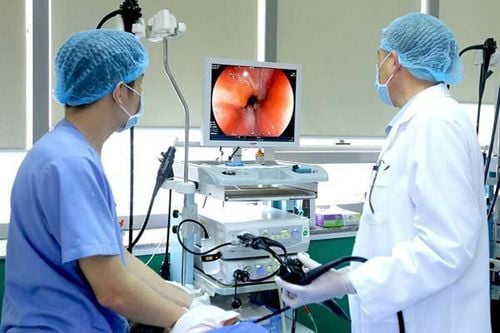
What to know before surgery to treat Crohn's disease
When medications and lifestyle changes fail to stop the symptoms of Crohn's disease, surgery for Crohn's disease is indicated. An estimated 75% of people with the disease need some type of surgery to relieve their symptoms.
Xem thêm

Learn about low-residue diets
When following a low-residue diet, you need to consume no more than 10-15 grams of fiber per day. The goal of a low-residue diet is to reduce the size and frequency of bowel movements to limit painful symptoms caused by certain medical conditions.
Xem thêm




